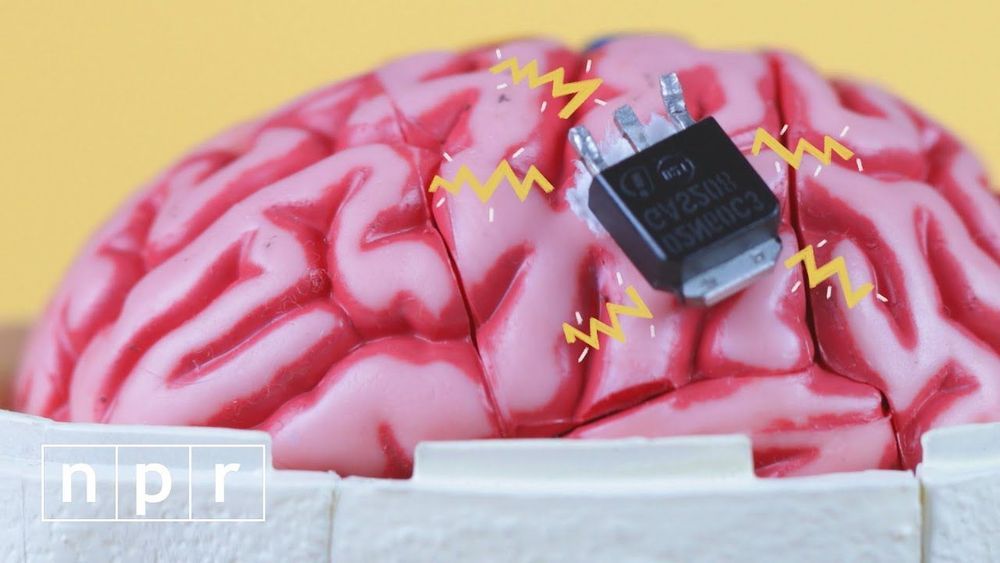The fast-moving development of brain-machine interfaces got a boost when Elon Musk announced the work for Neuralink, his new company devoted to implantable devices to enhance cognition and better marry our brains with super-computing. His competitor, fellow tech entrepreneur Bryan Johnson of Kernel, weighs in on why he thinks advancing cognition can solve all the other problems in the world. But tech ethicist Tristan Harris says not so fast — we haven’t properly accounted for what existing tech has already done to us. Think things through with this brainy episode of Future You with Elise Hu.
—————————————————–
Follow NPR elsewhere, too:
• Twitter: https://twitter.com/npr
• Facebook: https://www.facebook.com/NPR
• Instagram: https://www.instagram.com/npr/
• Tumblr: http://npr.tumblr.com/
• Snapchat: https://www.snapchat.com/add/npr
ABOUT NPR
NPR connects to audiences on the air, on demand, online, and in person. More than 26 million radio listeners tune in to NPR stations each week and more than 36 million unique visitors access NPR.org each month making NPR one of the most trusted sources of news and insights on life and the arts. NPR is also the leading publisher of podcasts, with 36 original shows and an average of 4 million listeners per week. NPR shares compelling stories, audio and photos with millions of social media users on Facebook, Twitter, Instagram, Pinterest, YouTube and Snapchat; NPR News and NPR One apps, online streaming, podcasts, iTunes radio and connected car dashboards help meet audiences where they are. NPR’s live events bring to the stage two-way conversations between NPR hosts and the audience in collaboration with the public radio Member Station community. This robust access to public service journalism makes NPR an indispensable resource in the media landscape.
